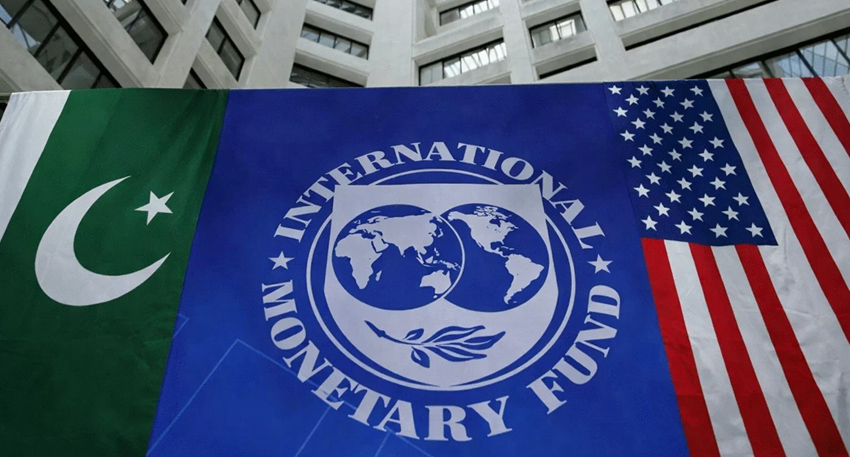
In a surprising move, the decision has taken the political world by storm, raising eyebrows across the nation, with political pundits questioning the future of his career.
According to reports, the ECP approved a reference sent by the Speaker of the National Assembly against Jamshed Dasti, citing serious allegations regarding his academic credentials.
The allegations centered on the authenticity of his educational documents, which were found to be fake after thorough scrutiny. Based on these findings, the ECP concluded that Jamshed Dasti’s educational qualifications were fabricated, leading to his disqualification from holding any public office.
The case against Dasti wasn’t just a one-off complaint; two separate petitions had been filed with the Election Commission, both questioning his academic qualifications and the authenticity of his documents. After a detailed review, the Commission ruled in favor of disqualifying him, as his actions violated the election laws of Pakistan, which demand integrity and transparency from public representatives.
This is not the first time Jamshed Dasti has been in the spotlight for controversial actions, including past statements and legal issues. However, this case revolves around his forged educational credentials, which is a serious offense under Pakistan’s electoral laws. According to Articles 62 and 63 of the Constitution of Pakistan, any public officeholder must be honest and truthful. If found involved in forgery or deception, they can be barred from holding public office.
Read more: Mohsin Naqvi congratulates Iranian President on great victory against Israel
This decision by the Election Commission of Pakistan is not just a blow to Jamshed Dasti, but also serves as a stern reminder about the importance of integrity in public service. The case highlights how electoral laws are enforced strictly to ensure that only individuals with the right qualifications and moral standing are allowed to represent the people.
In the current economic climate in Pakistan, where trust in public institutions is at an all-time low, such actions are crucial for restoring public faith in the political system. As corruption and inefficiency continue to be major issues in the country, holding public representatives accountable for their actions, including fraudulent practices like document forgery, is essential. This move could set a precedent for future cases, where transparency and honesty are prioritized in the selection of public officeholders.




